As we enter the warm summer season, managing your child’s asthma can be challenging. Some children are sensitive to heat and humidity, or pollen from cut grass, trees and weeds. During the summer, higher levels of air pollution, sudden weather shifts and even thunderstorms can trigger asthma symptoms. However, with the right preparation, parents can establish a highly effective routine for preventing a summer asthma flare-up. At IMPACT DC (Improving Pediatric Asthma Care in the District of Columbia), we equip parents with the tools and information they need to help accomplish this. Here are a few tips to keep your child’s asthma flare-ups at bay.
- Be prepared with medications. Make sure the staff at your child’s camp, summer school and child care programs have your child’s asthma medications on file, and know how and when to use them. If children stay with relatives, they should know the child’s care plan, too. If your child takes a controller (preventive) medicine, don’t stop giving it in the summer unless your health care provider has recommended this. A sample Asthma Action Plan, asthma device instructions and other helpful information can be found here.
- Follow air quality reports. Air quality codes are broadcasted daily on the radio, television and AIRNOW. If air quality happens to be poor (“Code Red” or “Code Orange” days), minimize the time your child spends outdoors.
- Turn on the AC. For kids with asthma, air conditioning during the summer is ideal. Make sure to change your AC filter before the summer heat and humidity set in. Air conditioning is especially important for your child’s bedroom. Avoid fans, which circulate dust and other particles that can irritate your child’s airways.
- Allow exercise. Did you know that many professional and Olympic athletes have asthma? It’s a misconception that children with asthma should refrain from physical activity. Children with asthma can and should exercise regularly. If your child needs to sit out during recess or sports, they may not have good control of their asthma and should see their health care provider. They might need to add a dose of quick-relief medicine such as albuterol before exercise or start or increase daily controller medicine.
- Avoid smoke. Any kind of smoke, and even odors from smoke, can trigger asthma. If your child lives with a smoker, encourage that person to stop or minimize smoking, step outside to smoke and wear a jacket and head scarf to prevent bringing smoke odors back into the house. Smokers should also wash their hands and face and brush their teeth after smoking, to fully remove the smell. If there is smoking in the home, consider using a free-standing air purifier with a HEPA filter in your child’s bedroom. Do not allow smoking inside the car. At summer barbeques and campfires, try to keep your child away from smoke if possible.
- Know what to expect from asthma medications. The two mainstays for asthma care are quick-relief medicines (usually albuterol) and controller medicines (usually an inhaled corticosteroid). Albuterol provides quick relief of asthma symptoms by relaxing tight bands of muscle that can squeeze down around the airways. This is what you use when your child is exposed to a trigger and symptoms start to flare up. An inhaled corticosteroid is an anti-inflammatory used daily to prevent flare-ups by reducing swelling and sensitivity inside the airways over time. It will not help right away when your child has symptoms, but might be needed in the summer or other times of year to keep asthma under control.
Ask your healthcare provider for an Asthma Action Plan for your child. This will outline your child’s specific medicines, triggers and steps to take to prevent and manage asthma flare-ups at home, so they can stay healthy and do everything they want to do!
 https://riseandshine.childrensnational.org/wp-content/uploads/2024/06/boy-swimming-feature.jpg
300
400
Rise and Shine
https://riseandshine.childrensnational.org/wp-content/uploads/2017/11/childrens_riseandshine_logo.jpg
Rise and Shine2024-06-17 13:02:582024-06-17 13:07:07How to prevent swimming-related illnesses
https://riseandshine.childrensnational.org/wp-content/uploads/2024/06/boy-swimming-feature.jpg
300
400
Rise and Shine
https://riseandshine.childrensnational.org/wp-content/uploads/2017/11/childrens_riseandshine_logo.jpg
Rise and Shine2024-06-17 13:02:582024-06-17 13:07:07How to prevent swimming-related illnesses



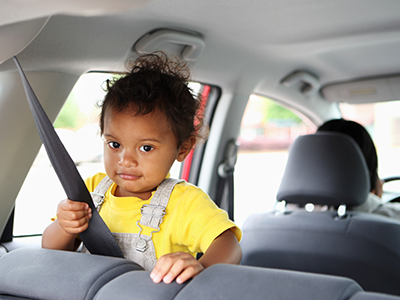


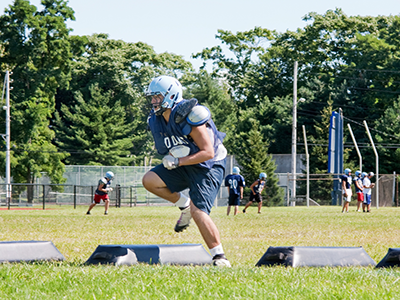
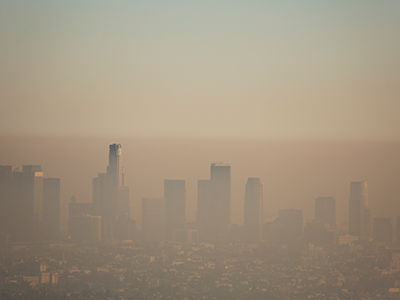
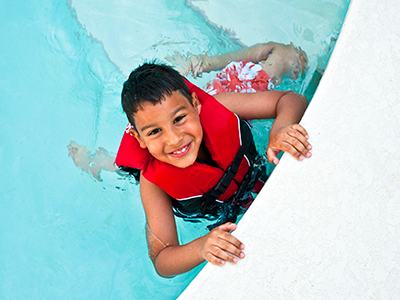

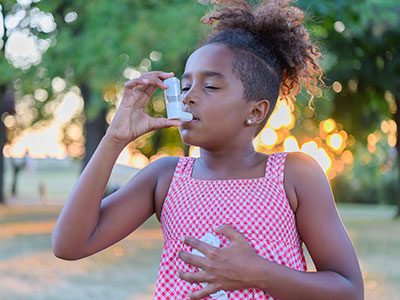
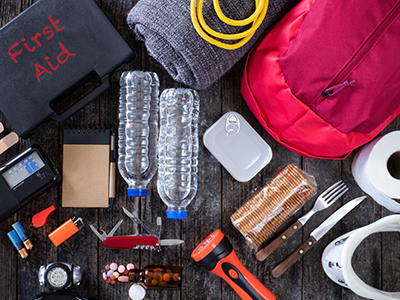
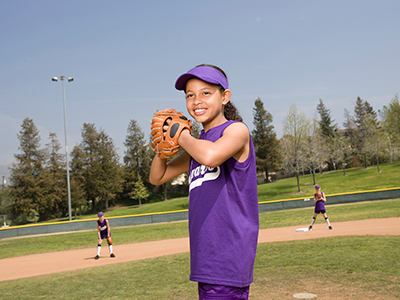
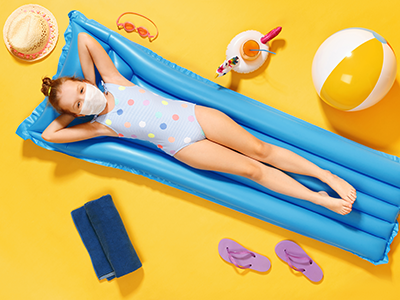
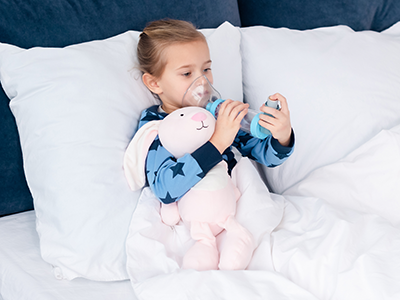
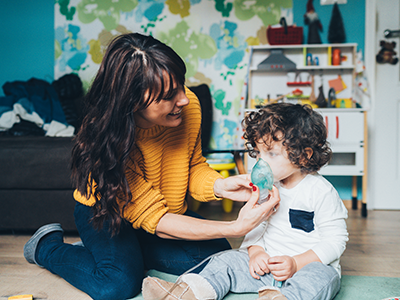


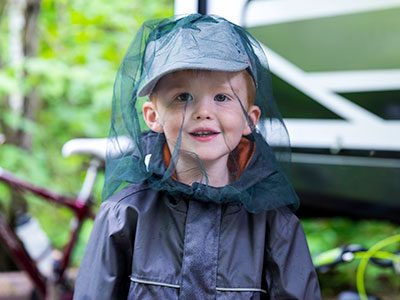


Leave a Comment
Want to join the discussion?Feel free to contribute!